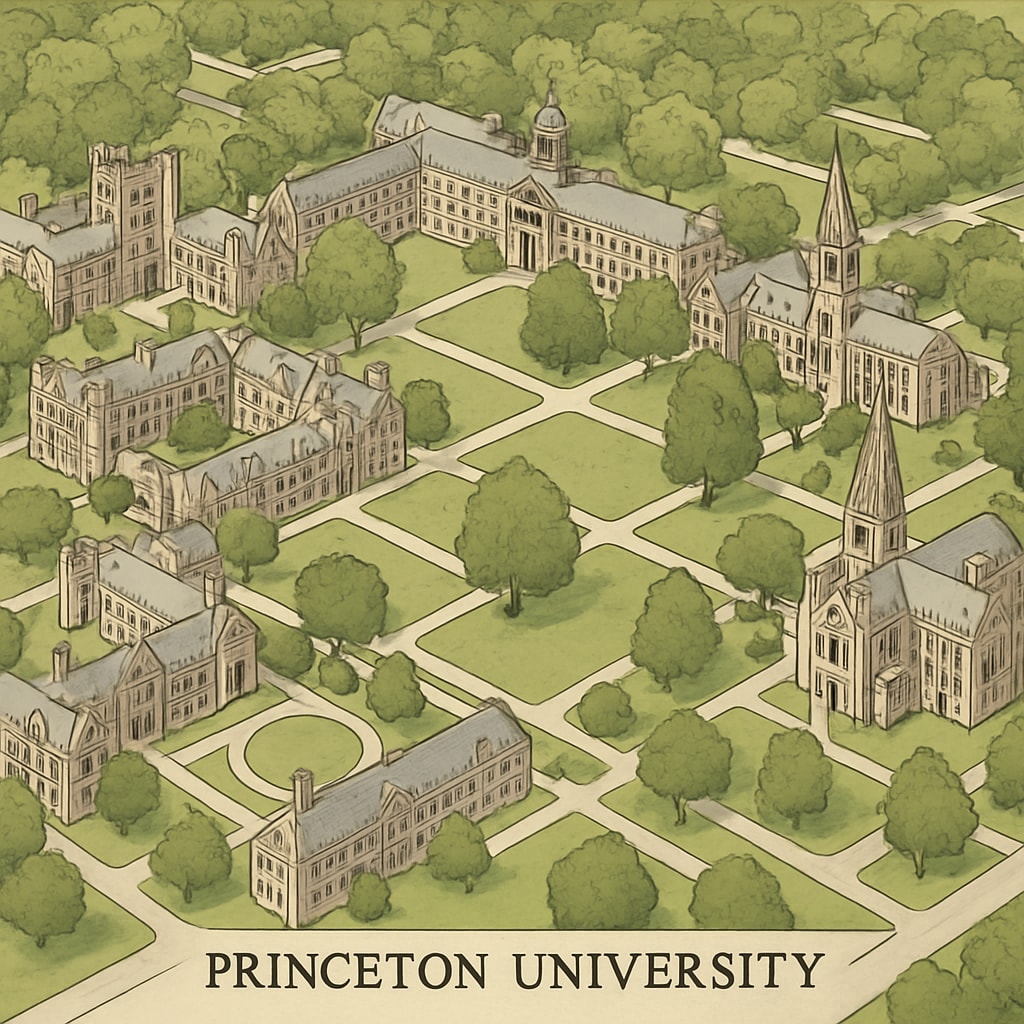The reputation of Princeton University, along with other Ivy League institutions, has long been heralded as the pinnacle of higher education. However, the glorification of these schools often raises questions about the actual benefits they provide versus the societal image they cultivate. This article critically examines the reputation of Princeton and its Ivy League peers, exploring their educational value and the unintended effects their elitist model may have on K-12 students.

Are Ivy League Schools Overrated?
The Ivy League, which includes prestigious names like Harvard, Yale, and Princeton, enjoys a reputation that seems almost untouchable. Their alumni network, selective admissions, and historical significance contribute to an aura of exclusivity. Yet, this mystique often leads to an overestimation of their educational outcomes. For instance, studies have shown that the career success of graduates from Ivy League schools is not necessarily superior to those from other top-tier institutions.
Furthermore, critics argue that these universities prioritize maintaining their elite status rather than innovating or democratizing access to education. While their faculty and resources are undeniably world-class, the question remains: does the Ivy League truly offer a transformational educational experience beyond its name?
For example, organizations like Times Higher Education have pointed out that universities outside the Ivy League often outperform in specialized research areas and global impact.
The Social Prestige Trap
One of the main drivers behind the Ivy League’s allure is the societal prestige associated with its name. Princeton, in particular, has been romanticized for its idyllic campus and rich tradition. However, this emphasis on prestige often overshadows the practical aspects of education, such as skill-building and real-world application.
Parents and students often fall into the “prestige trap,” believing that admission to an Ivy League school is a guaranteed path to success. This mindset can lead to undue pressure on K-12 students, who are encouraged to focus excessively on achieving Ivy League-worthy credentials rather than exploring their true interests or fostering creativity.
As a result, this obsession with elite admissions has bred a culture of competition in high schools, often at the expense of mental health and balanced development. According to Britannica’s overview on education, holistic development during K-12 years is crucial for lifelong learning, but the Ivy League frenzy often undermines this goal.

Impact on K-12 Education
The ripple effect of the Ivy League’s reputation extends far beyond its own campuses. K-12 education systems, particularly in affluent areas, often tailor their curricula and extracurricular offerings to align with Ivy League admission requirements. This creates a narrow focus on standardized test scores, advanced placement (AP) courses, and résumé-building activities, leaving little room for exploration or intellectual curiosity.
Moreover, the glorification of Ivy League schools perpetuates inequality within the education system. Students from underprivileged backgrounds may lack access to the resources needed to compete in this high-stakes environment, further widening the gap between socioeconomic groups.
In addition, the pressure to conform to Ivy League expectations can lead to burnout among students, as well as a distorted view of success. True educational growth should prioritize critical thinking, adaptability, and emotional intelligence—traits that are not necessarily linked to an Ivy League acceptance letter.
Rethinking Elite Education
To address these challenges, it’s essential to shift the focus away from the Ivy League’s prestige and toward a more inclusive and diverse definition of success. Colleges and universities outside the Ivy League often provide equally robust educational opportunities and foster environments where students can thrive without the weight of societal expectations.
Additionally, K-12 educators and parents should encourage students to explore schools that align with their interests, strengths, and long-term goals rather than chasing brand names. This can help reduce the unhealthy competition and foster a healthier, more balanced approach to education.
Ultimately, the myth of Ivy League superiority needs to be reframed. While institutions like Princeton offer undeniable advantages, their perceived value should not overshadow the broader spectrum of educational opportunities available to students.
Readability guidance: This article uses short paragraphs and transitional phrases to maintain a clear flow. Lists and external links provide additional context while ensuring the content remains accessible to a diverse audience.


